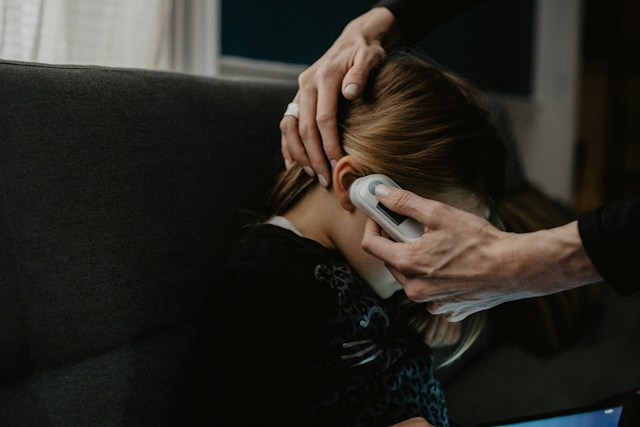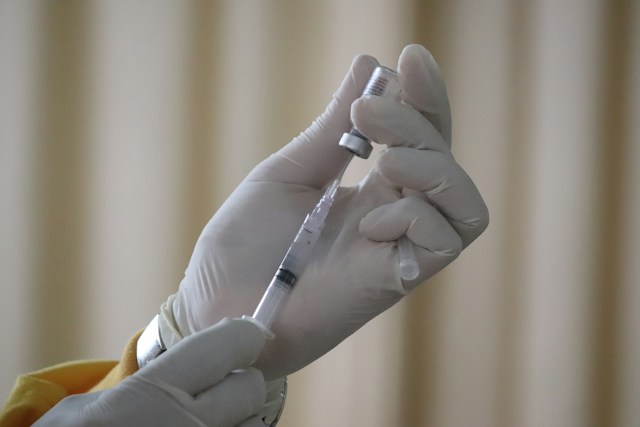In tropical and subtropical parts of the world, dengue fever and flu-like symptoms are frequent. Dengue is a mosquito-borne infection. On the other hand, a more serious case of dengue may cause internal bleeding, haemorrhage, and even death.

Millions of people contract dengue every year all around the world, although the disease is most common in tropical areas of the Indian subcontinent, Southeast Asia, Africa, and portions of Latin America. According to WHO data, the number of cases of dengue has increased tenfold over the past 20 years, from fewer than 500,000 cases to more than 5 million cases globally in 2019.
Furthermore, according to the same WHO research, about 3.9 billion people, or nearly half of the world’s population, are still at risk of contracting dengue today.
To assist each of us be better prepared to prevent the disease or, in the unfortunate event that we do contract it, to treat it at an early stage, we must grasp the causes, symptoms, diagnosis, and treatment options for dengue.
Reasons Behind Dengue Fever
When a female mosquito carrying the dengue virus bites another, it can spread the illness to that person. The Aedes aegypti mosquito is the main vector of transmission.
While mosquitoes are the main means of transmission from humans to humans, maternal transmission—that is, transfer from a pregnant mother to her unborn child—is also a possibility. Still, there’s little chance of this happening, and the mother’s dengue illness should happen at a certain point in the pregnancy. Preterm deliveries, low birth weights, and foetal distress are just a few of the issues that can arise from a mother contracting dengue during her pregnancy and the virus’s subsequent transfer to the unborn child.
Acute Dengue Fever Symptoms
As previously mentioned, mild dengue fever often presents with symptoms that are similar to those of the flu and common fever. However, more severe varieties will also result in bleeding signs.
Individuals who have moderate dengue symptoms are likely to recover in 1-2 weeks, with symptoms starting to show up 4–10 days after infection.

This comprises:
High fever, severe headache, pain in the muscles and joints, nausea, rashes, and eye pain
Those who have had a second dengue infection have more severe symptoms of the disease, which manifest after the fever. Among the severe signs of dengue are:
– Sudden and severe stomach pain – Prolonged nausea – Dysphagia – Bleeding from the gums and nose – Excessive exhaustion – Blood in the stools or vomit – Intense thirst
Transmission of Dengue
The primary way that dengue is spread is by the bite of an Aedes mosquito, namely the Aedes aegypti species. These mosquitoes pick up the virus from a person who has dengue by feeding on their blood, and they can subsequently bite other people to spread the infection. The virus cannot be directly transferred from one individual to another or from one human to another.
Prevention of Dengue
Mosquito Control: Reducing mosquito exposure and breeding is the most effective strategy to avoid dengue. This may be accomplished by removing any standing water, using insect repellents, and adding screens to windows and doors.
Vector management: Community-based initiatives, such pesticide spraying and larval management, are crucial for reducing mosquito populations.
Protective Clothes: You can lessen your chance of getting bitten by mosquitoes by donning long sleeves, trousers and mosquito netting.
Vaccination: A dengue vaccine has been produced in some areas, and vaccination campaigns may help lower the risk for some people.

Options for Treating Dengue
The main goal of dengue therapy is to alleviate the symptoms. Treatment for minor instances of dengue may be done at home, but depending on how bad the symptoms are, severe cases of the illness may need to be admitted to the hospital.
The following are some essential elements of dengue treatment:
1. Stay Hydrated: The high fever, vomiting, and diarrhoea associated with dengue can lead to dehydration. It’s important to rehydrate. Make sure you consume enough of fluids, including clear soups, ORS, and water. Intravenous (IV) fluids may be required in severe situations.
2. Rest: To aid in your body’s recovery from the illness, get lots of rest.

3. Monitoring: Pay special attention to your symptoms. Seek medical assistance right once if your symptoms worsen or if you start to experience severe dengue symptoms. Severe stomach discomfort, continuous vomiting, fast breathing, bleeding gums, exhaustion, and restlessness are warning indicators of severe dengue.
4. Medical Care: If you encounter severe dengue or dengue hemorrhagic fever, you may require hospitalisation. In extreme circumstances, you could require blood transfusions or further medical procedures to treat side effects such as excessive bleeding or low platelet counts.
5. Mosquito Control: To stop the dengue virus from spreading, stop more mosquito bites. Wear long sleeves and use repellents and mosquito netting.
You may also like:
Headaches: Quick and Easy Relief at Your Fingertips
Prostate Woes Got You Down? Here’s What You Need to Know

An Arkansas license plate search allows you to access information about a vehicle using its license plate number. This search can reveal details such as the vehicle’s make, model, year, and VIN, while personal owner information is protected by privacy laws. You can conduct these searches through the Arkansas Department of Finance and Administration (DFA) or authorized third-party services. This service is useful for verifying vehicle details, checking a car’s history, and investigating legal matters, all while adhering to privacy regulations.